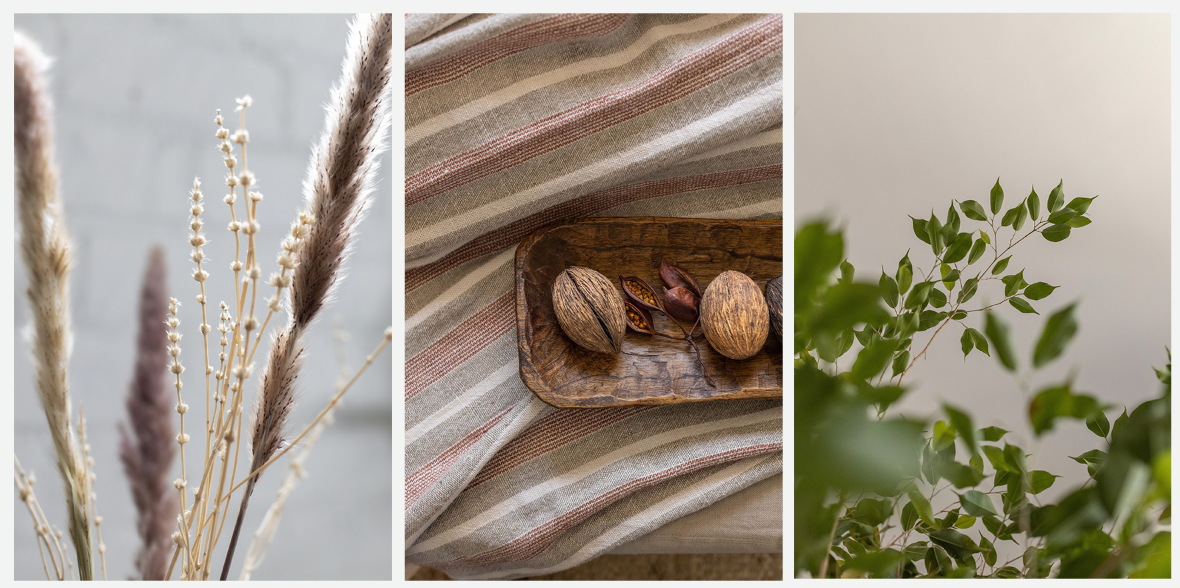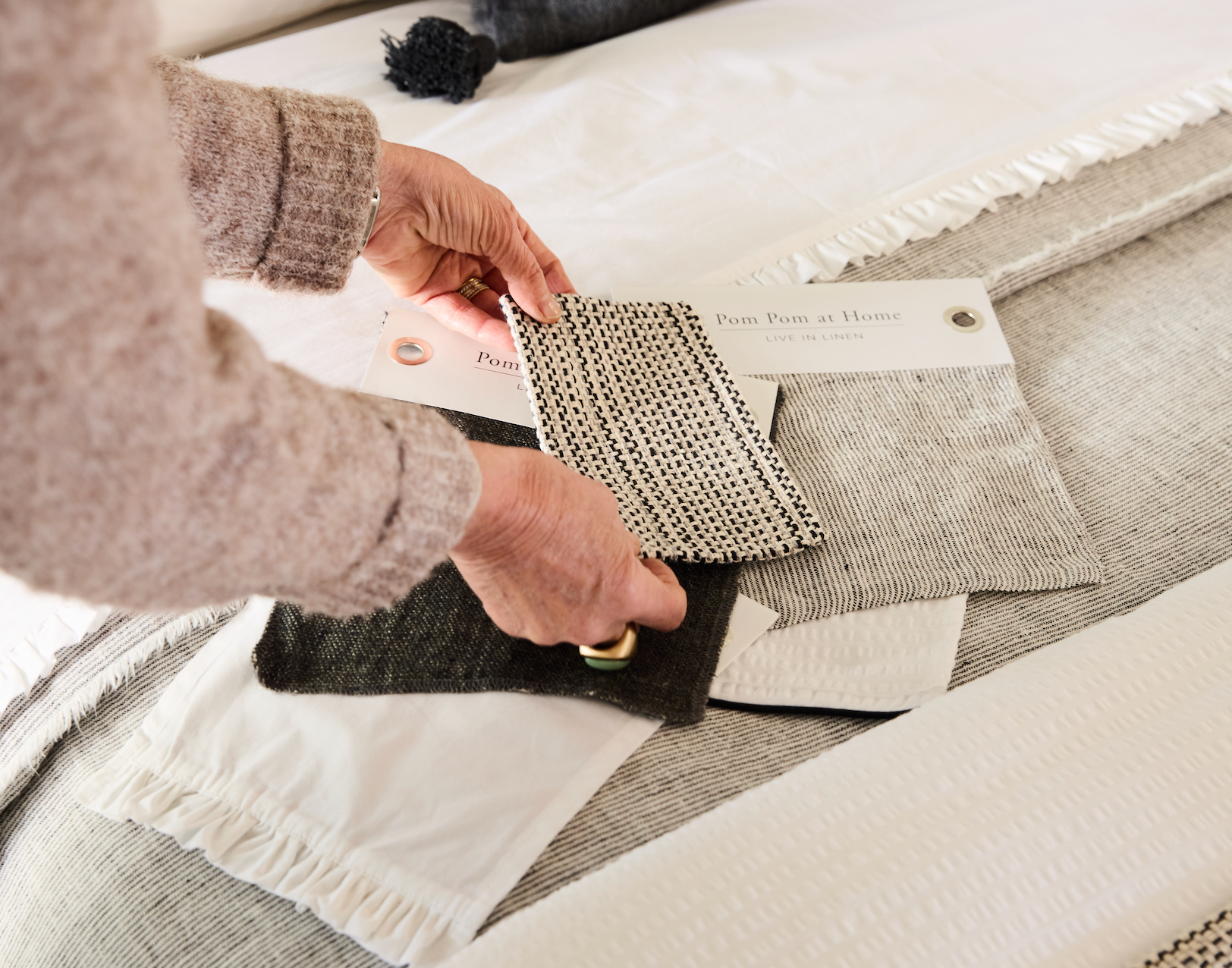Linen bedding is considered eco-friendly and sustainable due to its natural and renewable characteristics. Linen is made from the fibers of the flax plant, which requires significantly less water and pesticides compared to other crops like cotton. It is a durable fabric known for its breathability, moisture-wicking properties, and ability to regulate body temperature, making it suitable for various climates. Additionally, linen is biodegradable, which means that at the end of its lifecycle, it can decompose naturally without harming the environment. Its longevity and ability to withstand frequent washing also contribute to its sustainability, as it reduces the need for frequent replacement.

Rayon made from bamboo bedding is considered eco-friendly and sustainable for several reasons. Bamboo is a fast-growing plant that requires minimal water, pesticides, and fertilizers to thrive. It has natural anti-bacterial and hypoallergenic properties, making it a suitable choice for individuals with allergies or sensitive skin. The process of converting bamboo into rayon fabric involves using a solvent that is recycled and reused, minimizing waste. Furthermore, bamboo is biodegradable, meaning that when the bedding reaches the end of its life cycle, it can break down naturally without leaving a lasting ecological impact.

Cotton bedding is considered eco-friendly and sustainable. It's a natural and biodegradable material, allowing it to return to the earth at the end of its life cycle without causing harm. Opting for high-quality cotton bedding that is responsibly manufactured can contribute to a more sustainable lifestyle.




